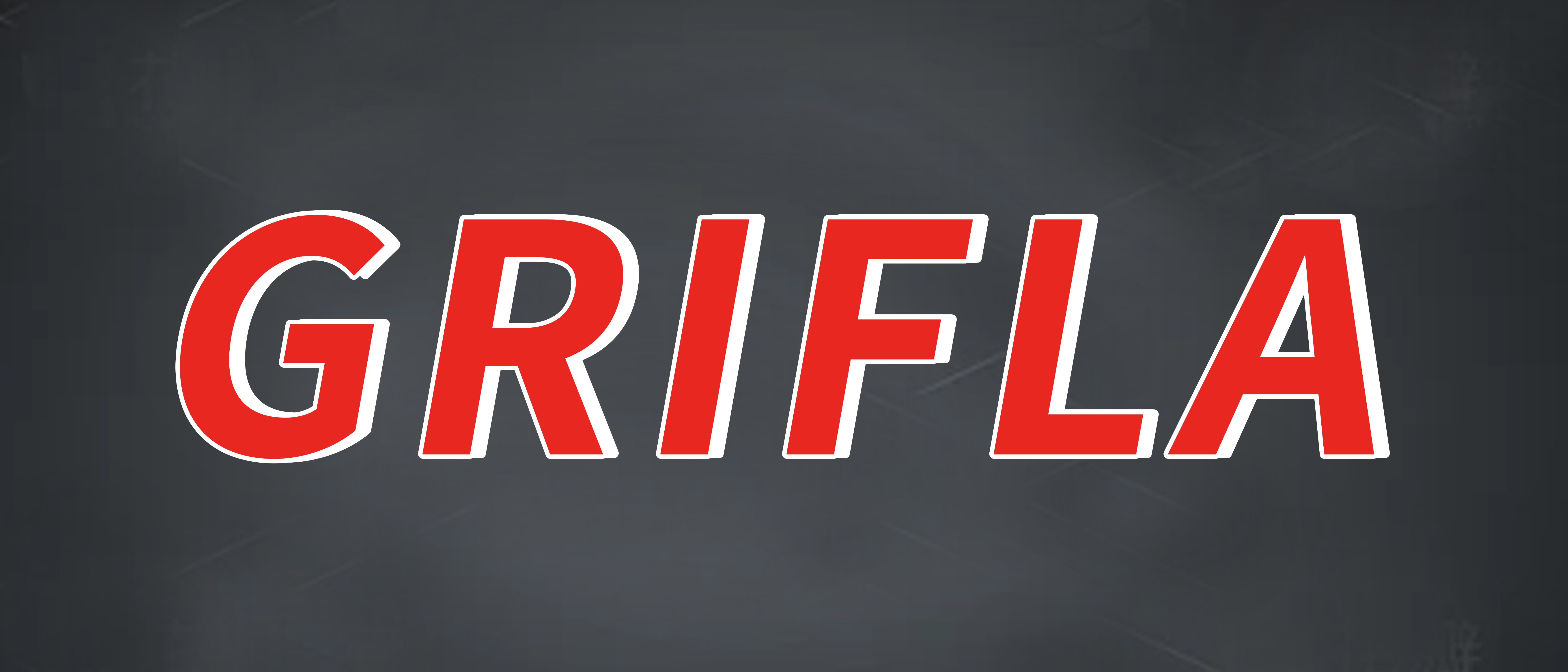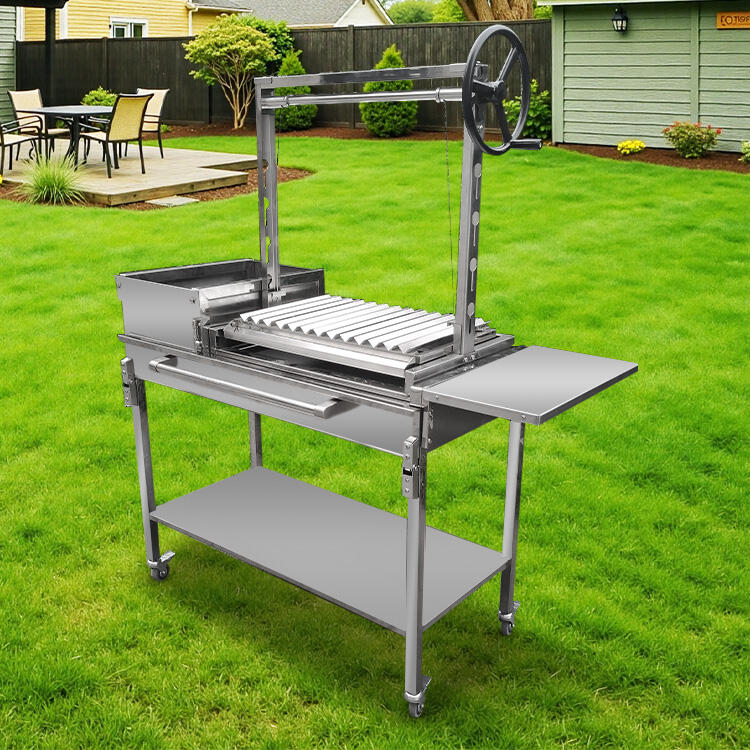The Evolution of Commercial Kebab Equipment in Modern Dining
The landscape of restaurant equipment continues to evolve, and kebab machines stand at the forefront of this culinary revolution. As we approach 2025, the kebab machine market is witnessing significant transformations in technology, efficiency, and pricing structures. Restaurant owners and food service professionals are increasingly recognizing the value of investing in quality kebab equipment to meet growing consumer demands and streamline their operations.
The modern kebab machine represents more than just a cooking apparatus – it's a crucial investment that can significantly impact a business's bottom line. With advancing technology and improved manufacturing processes, these machines have become more sophisticated, offering features that enhance both product quality and operational efficiency.
Understanding Kebab Machine Categories and Price Ranges
Entry-Level Commercial Models
Entry-level kebab machines typically range from $1,500 to $3,000, making them accessible for small business owners and startup restaurants. These models usually accommodate 20-40 pounds of meat and feature basic temperature controls and rotating mechanisms. While they may lack advanced features, they provide reliable performance for establishments with moderate customer flow.
These machines often come with standard warranties and basic safety features. They're ideal for food trucks, small kebab shops, and restaurants just entering the market. The return on investment for these models can be relatively quick, especially in high-demand locations.
Mid-Range Professional Equipment
Mid-range kebab machines, priced between $3,000 and $7,000, offer enhanced capabilities and durability. These units typically feature improved heating elements, more precise temperature control systems, and capacity for 40-80 pounds of meat. The construction quality is notably superior, with better insulation and more robust motors.
These machines often include advanced features like adjustable speed controls, multiple heating zones, and enhanced safety mechanisms. They're particularly suitable for established restaurants with consistent customer traffic and those looking to upgrade their existing equipment.
Premium Commercial Systems
Premium kebab machines, ranging from $7,000 to $15,000 or more, represent the pinnacle of commercial kebab preparation technology. These high-end systems offer maximum capacity (often 80-120 pounds), superior build quality, and comprehensive feature sets including digital controls, energy efficiency systems, and advanced safety features.
The investment in premium equipment often pays off through reduced maintenance costs, improved energy efficiency, and enhanced product consistency. These machines are ideal for high-volume establishments, chain restaurants, and venues requiring maximum output capability.
Technological Advancements Influencing Price Points
Smart Integration Features
Modern kebab machines are increasingly incorporating smart technology, affecting their pricing structure. Features like WiFi connectivity, remote monitoring capabilities, and automated temperature adjustment systems are becoming standard in higher-end models. These smart features allow operators to monitor and adjust cooking parameters remotely, ensuring consistent product quality.
The integration of smart technology also enables predictive maintenance alerts, performance analytics, and energy consumption monitoring. While these features add to the initial cost, they can result in significant operational savings over time.

Energy Efficiency Innovations
Energy-efficient kebab machines command higher prices but offer substantial long-term savings. Advanced heating elements, improved insulation, and smart power management systems contribute to reduced energy consumption. These eco-friendly features are increasingly important as energy costs continue to rise and environmental regulations become stricter.
Many modern machines incorporate zone heating, allowing operators to use only the necessary heating elements based on meat volume. This targeted heating approach can result in energy savings of up to 30% compared to traditional models.
Additional Cost Considerations Beyond Purchase Price
Installation and Training Expenses
When budgeting for a kebab machine, installation costs typically range from $200 to $1,000, depending on the model's complexity and location requirements. Professional installation ensures proper setup, optimal performance, and warranty compliance. Training costs should also be considered, as proper operation is crucial for both equipment longevity and product quality.
Many suppliers offer comprehensive training packages, including operational guidance, maintenance procedures, and safety protocols. These services might be included in premium packages or available as additional investments.
Maintenance and Operational Costs
Regular maintenance costs for kebab machines vary by model and usage intensity. Annual maintenance expenses typically range from 5% to 15% of the initial purchase price. This includes routine servicing, replacement parts, and professional cleaning services.
Operating costs also encompass energy consumption, cleaning supplies, and potential repair services. Higher-end machines often feature modular designs that simplify maintenance and reduce long-term service costs.
Frequently Asked Questions
How long do commercial kebab machines typically last?
A well-maintained kebab machine typically lasts 8-12 years, with premium models potentially serving even longer. Regular maintenance and proper usage significantly impact equipment lifespan. Many manufacturers offer extended warranties for an additional cost, which can provide coverage for up to 5 years.
Can I lease a kebab machine instead of purchasing?
Yes, leasing options are available from many suppliers, with monthly payments typically ranging from $100 to $500 depending on the model. Leasing can be an attractive option for new businesses or those wanting to maintain cash flow flexibility. These arrangements often include maintenance services and upgrade options.
What factors most significantly impact kebab machine pricing?
The main factors affecting kebab machine prices include capacity, build quality, technological features, and energy efficiency ratings. Premium materials, advanced control systems, and smart integration capabilities generally command higher prices. Brand reputation and warranty coverage also influence the final cost.

